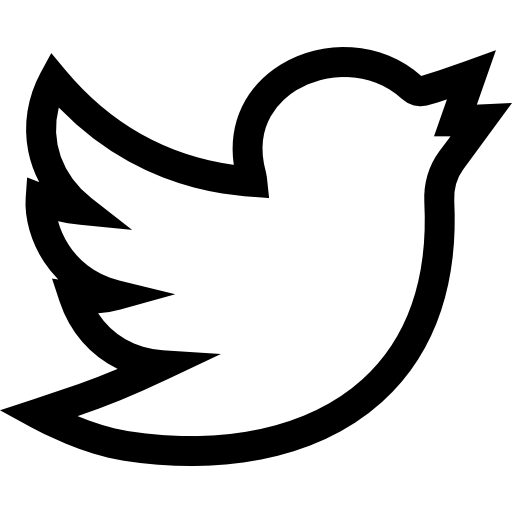Menstruation and Covid 19
Periods are not a sign of illness or a symptom of Covid-19
Periods are a healthy and normal phenomenon. They are not a sign of illness. However, travel restrictions linked to the pandemic as well as the closure of health facilities are affecting access to sexual and reproductive health services, including for health problems linked to menstruation, such as endometriosis or migraines.
The economic fallout from the pandemic limits access to menstrual hygiene products, and the stress induced by this pandemic can affect menstrual cycles, as well as the painful physical and emotional effects associated with them (premenstrual syndrome).
During this pandemic, ensuring that menstruating people have access to the structures, products and information they need to protect their dignity, health, and well-being is fundamental.
Policymakers must ensure that these menstrual hygiene products remain available.
Stockouts and supply chain disruptions can prevent communities from accessing sanitary napkins, tampons and other menstrual hygiene products.
These products (pads, tampons, menstrual cups, washable pads, pain medication, soap) are a priority for the health, dignity and well-being of all menstruating people.
Medical staff must have access to menstrual hygiene products, and the ability to change their protection or ensure their hygiene regularly
In Africa, women represent approximately 76% of nursing personnel (sources: Situation of Nursing Personnel in the World, WHO – WHO). During this pandemic, healthcare workers are working very hard and very hard, under increased pressure. Health workers have thus alerted to their unmet needs for menstrual hygiene, an element that could have an impact on the response to the pandemic.
Health care workers not only need access to menstrual hygiene products, but also need the time, infrastructure and resources to ensure their menstrual hygiene. This is especially true for those who work on the front lines and wear personal protective equipment (PPE).
Hospitals and quarantine centers must provide menstrual hygiene products
People hospitalized or placed in quarantine centers do not have the possibility to obtain their menstrual hygiene products themselves. The managers of these structures must therefore ensure the sufficient availability of these products, and health personnel must be trained to respond to these needs tactfully.
RECOMMENDATIONS
- Provide girls and women with the information, supplies and facilities necessary to manage their periods for their health, well-being, mobility and dignity. This is a key element in the implementation of the Global Strategy for Women’s, Children’s and Adolescents’ Health 2016-2030.
- Provide appropriate and reliable information; appropriate education; the right to live in dignity and with respect for integrity and security; the right to live free from all forms of violence; have access to water and sanitation (in quality, quantity, access, respect for privacy, and in all relevant areas from home to school).
- Recall that SHM is an integral part of Sexual and Reproductive Rights and Health (DSSR) and Comprehensive Sexuality Education (ECS) programs and could play an important role as an entry point for these programs, especially with girls.

ADVOCACY FOR:
Encourage multisectoriality, inter-ministerial collaboration and the integration of all stakeholders to develop specific modules on menstrual health and hygiene and incorporate them into existing school curricula with informative education, adapted and accessible to young people.
Allocate financial resources for:
- Provide more information on menstrual health and hygiene in and outside of school
- Train teachers and nursing staff in school structures by setting up specific modules
- Guarantee the availability of adequate health facilities in schools
- Ensure the availability of menstrual health products that are accessible, comfortable, convenient, affordable and safe to use.
- Plan communication campaigns on menstruation to remove taboos, popularize, sensitize and inform all communities including the media, youth networks, parents (men and women), teachers, traditional leaders, organizations of civil society.
Sources: UNFPA – EQUIPOP – UN NEWS – UNICEF – UNICEF DRC study



